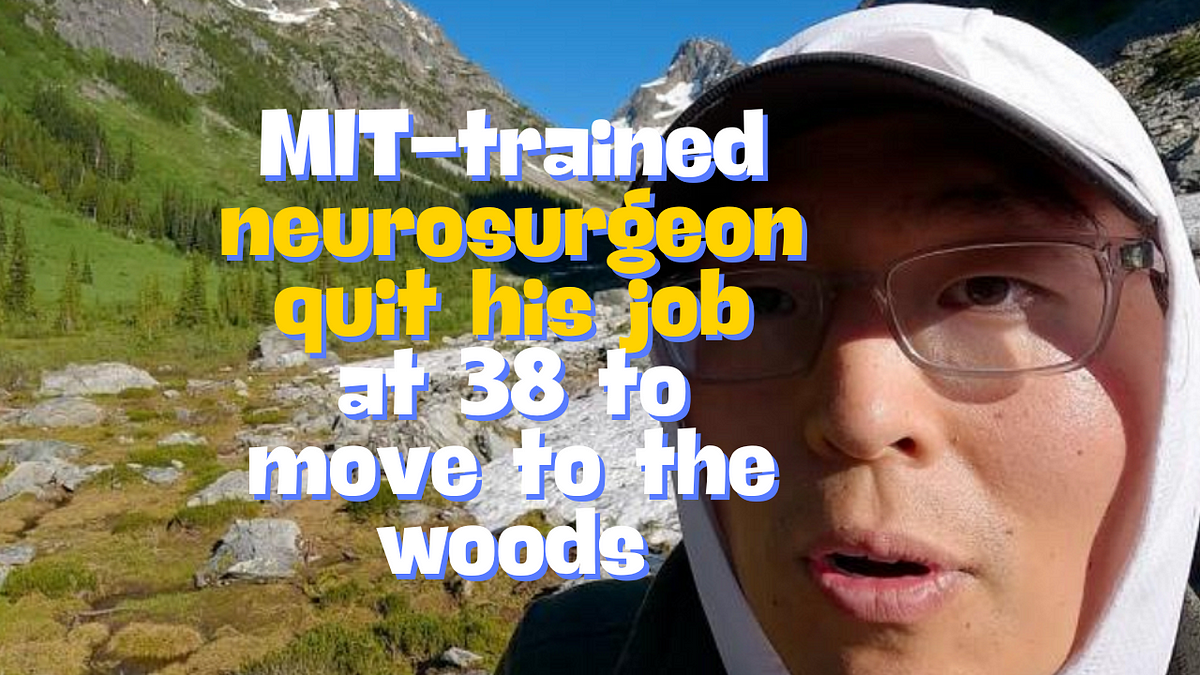MIT-Trained Neurosurgeon Quits Job at 38 to Pursue a Simpler Life in the Woods
The content discusses the decision of an MIT-trained neurosurgeon to quit his job at the age of 38 and move to the woods. The neurosurgeon had 15 years of training, a high-paying job, and prestigious skills, but experienced burnout due to the demands of the healthcare system.
The author, a decision scientist, provides an analysis of the neurosurgeon's decision. Despite the concerns of his family and friends about the risks of quitting his stable job, the neurosurgeon chose to prioritize his personal well-being and pursue a simpler, more balanced life in nature.
The neurosurgeon's observations about the factors that contributed to his patients' healing, such as low-sodium plant-based diets, adequate sleep, regular exercise, and low stress, also influenced his decision to make a significant life change. The author suggests that the neurosurgeon's story may inspire others to reevaluate their priorities and consider quitting their high-pressure jobs in pursuit of a more fulfilling lifestyle.
Personalizar resumen
Reescribir con IA
Generar citas
Traducir fuente
A otro idioma
Generar mapa mental
del contenido fuente
Ver fuente
kozyrkov.medium.com
MIT-trained neurosurgeon quit his job at 38 to move to the woods
Ideas clave extraídas de
by Cassie Kozyr... a las kozyrkov.medium.com 07-16-2024
https://kozyrkov.medium.com/mit-trained-neurosurgeon-quit-his-job-at-38-to-move-to-the-woods-38517621cda3
Consultas más profundas
